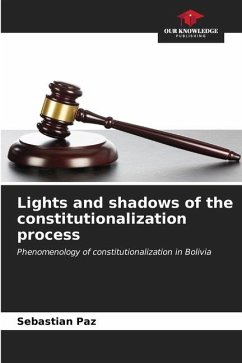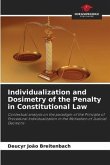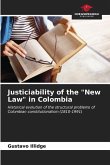A decade after the promulgation of the Political Constitution of the State on February 7, 2009, the process of constitutionalization of the Bolivian legal system has shown lights and shadows. This situation has prevented the effective materialization of the catalog of fundamental rights. This research work analyzes the role of the Plurinational Constitutional Tribunal in the materialization of fundamental rights and in the optimization of the constitutionalization of the legal system. Thus, it examines the bases established by the 2009 Constitution to determine the degree of constitutionalization it allows. It also analyzes the resolutions of the Plurinational Constitutional Tribunal to establish to what extent they promote the phenomenon of the irradiation of the Constitution. The paper concludes that the 2009 Constitution sets the conditions for a high degree of constitutionalization of the Bolivian legal system. However, the brief resolutions of the Plurinational Constitutional Tribunal generate limitations to the materialization of fundamental rights, which undermines the constitutionalization process.








